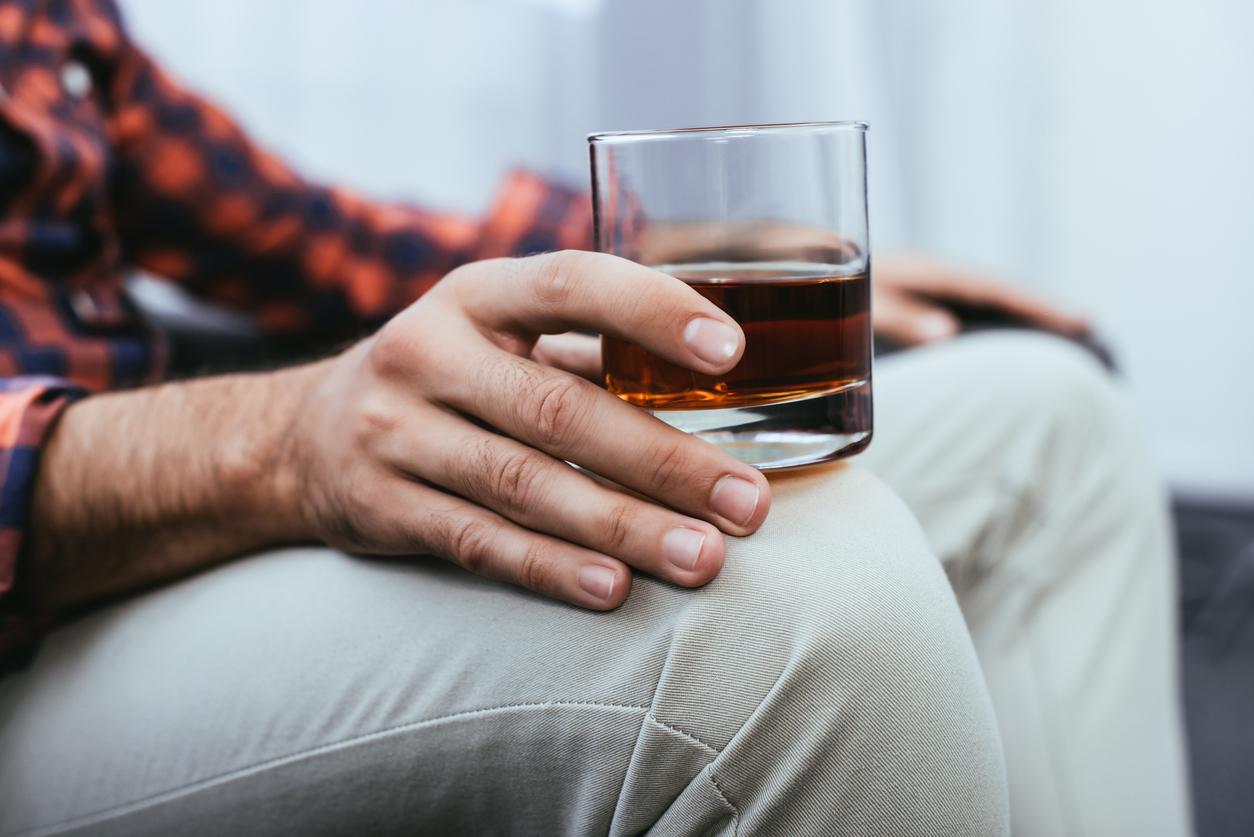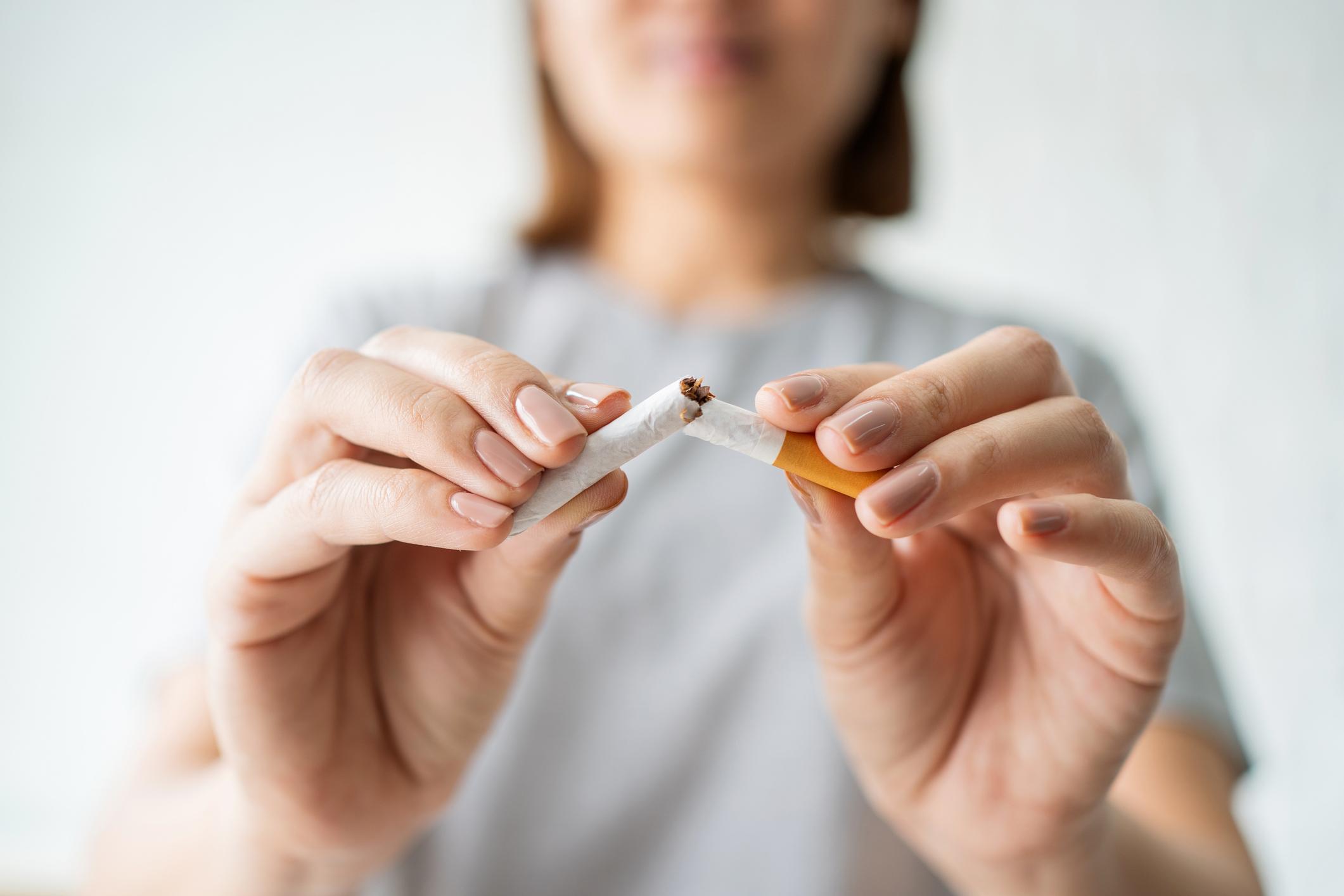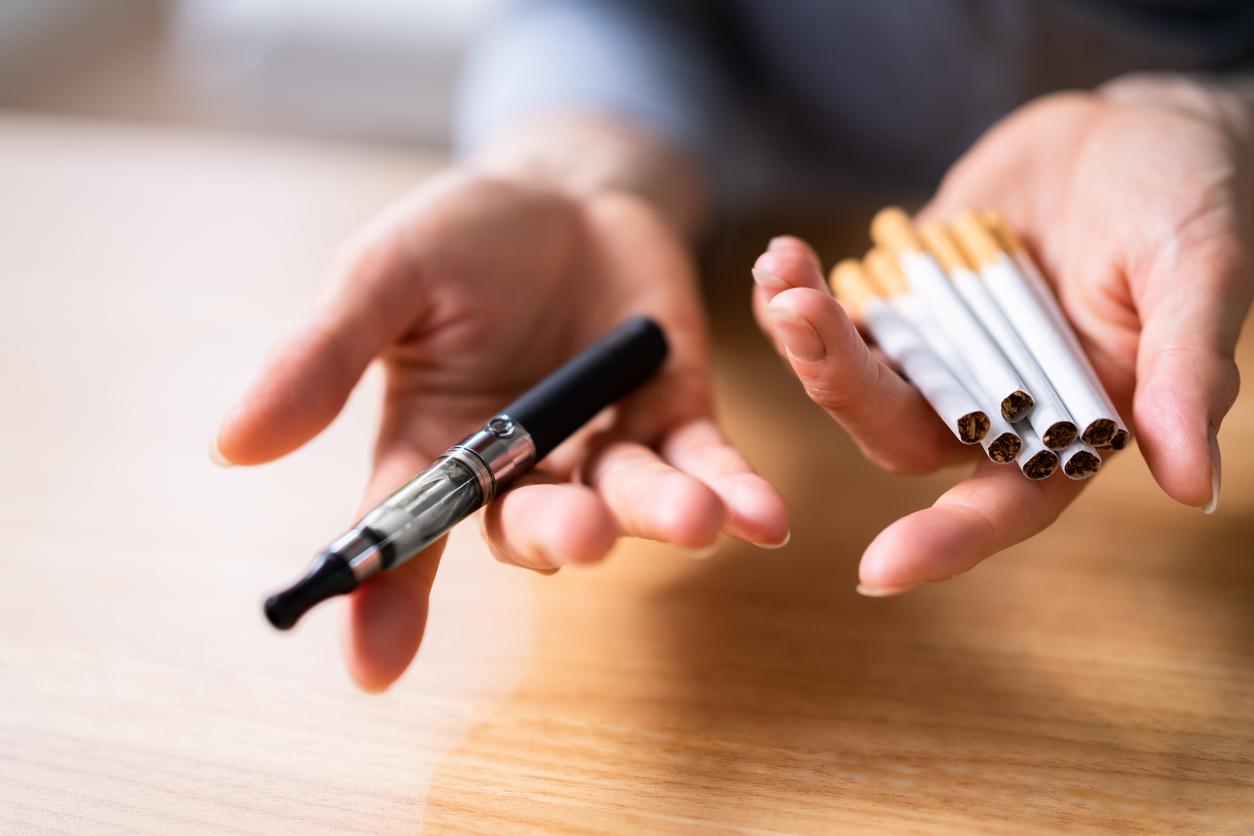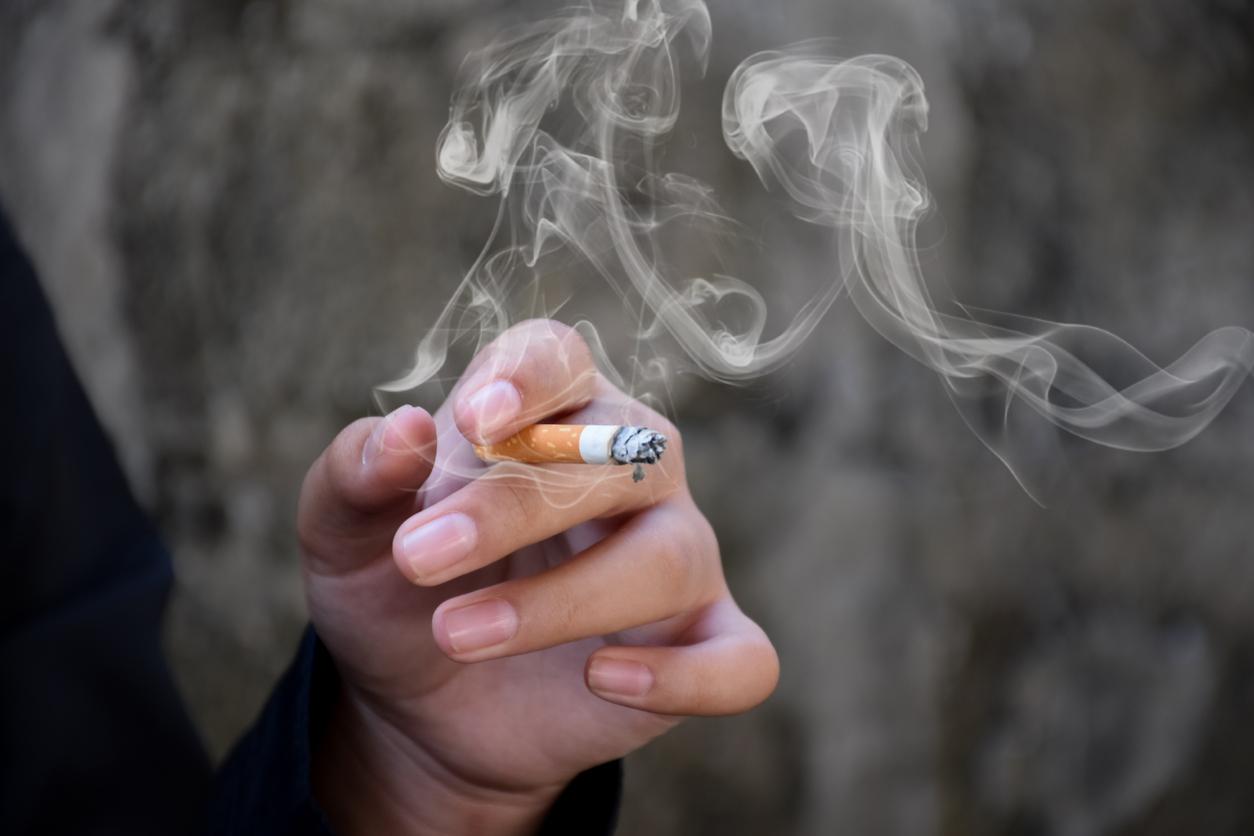One in two 17-year-olds has already experienced significant drunkenness and almost a third of minors consume tobacco on a daily basis. However, the sale of alcohol and tobacco has been prohibited since 2009 for those under the age of 18.
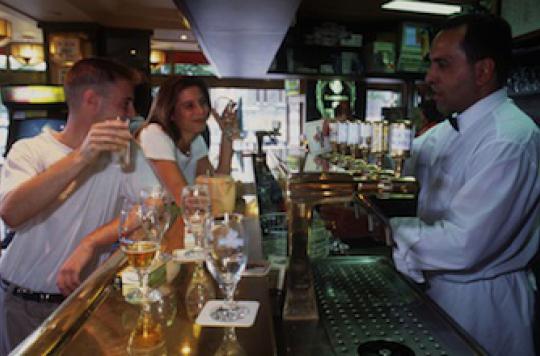
French minors consume as much alcohol and more tobacco than before the law (1) of July 21, 2009 prohibiting the sale of alcohol and tobacco to under 18s. According to a survey by the French Observatory for Drugs and Drug Addiction (OFDT), this law is imperfectly applied. Consumption is therefore stagnant and worries the authorities.
17-year-olds consume differently from 16-year-olds
Adolescents have an uninhibited relationship with alcohol and tobacco. A 16 year old minor consumes 10% less tobacco than at 17 years old. It is the consumption of alcohol that worries the authorities the most. 16-year-olds consume alcohol more regularly than their elders, but in a more balanced manner. One in ten 17-year-olds is regularly drunk; that’s twice as much as at 16. They also experience more significant occasional drunkenness.
The report deplores this massive consumption of alcohol but easily explains it. The majority of young people surveyed find it easy to get around the law. Some ask for the help of an adult third party (friend, relative), others turn to debtors who do not respect the law.
One in three liquor dealers never verify the age of their customers
The vast majority of liquor and tobacco dealers are outlawed. The National Committee against smoking (CNCT) conducted “mystery shopper” surveys among tobacconists in 2011. Only one in ten tobacconists asked for an identity document from underage customers. As for alcohol retailers, the HPST law is not better respected. A third of alcohol dealers admit to never checking the age of their customers. Half say they ask more or less frequently the age of a customer. The practice is generally on the rise, except in cafes and bars, according to the OFDT.
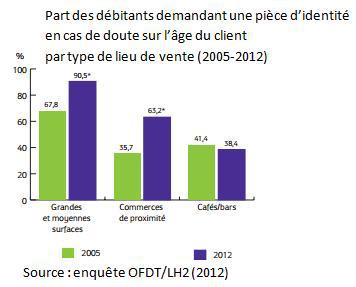
Strengthen the authorities’ controls
The HPST law is known to retailers as well as to young people. It is even widely accepted by the French, underlines the OFDT report. This does not prevent its weak application. The authors of the report recommend three measures to ensure this. On the one hand, the traditional deterrent increase in prices. Then, a multiplication of educational actions for young people and specific training for merchants. The report especially points to a lack of attention from the authorities: controls are too rare to be dissuasive. They must therefore be strengthened.
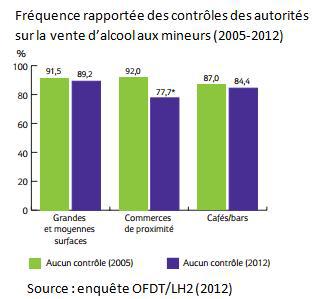
In 2012, hospitals recorded 400,000 alcohol-related admissions. This represents a 30% increase in three years. Most of the patients were minors. One in five deaths among young people is due to alcohol consumption. Limiting adolescents’ access to alcohol is therefore a public health issue.
(1) Hospital, Patients, Health and Territories Act (HPST)
.











